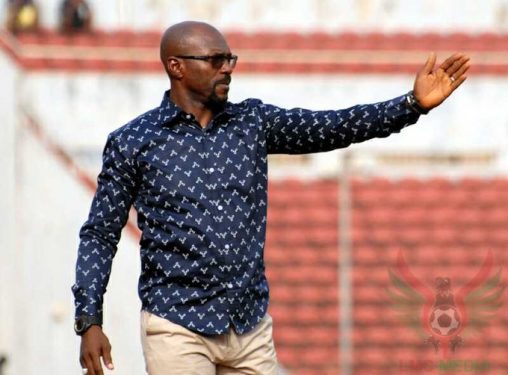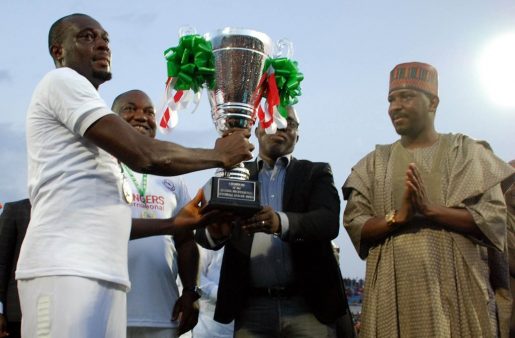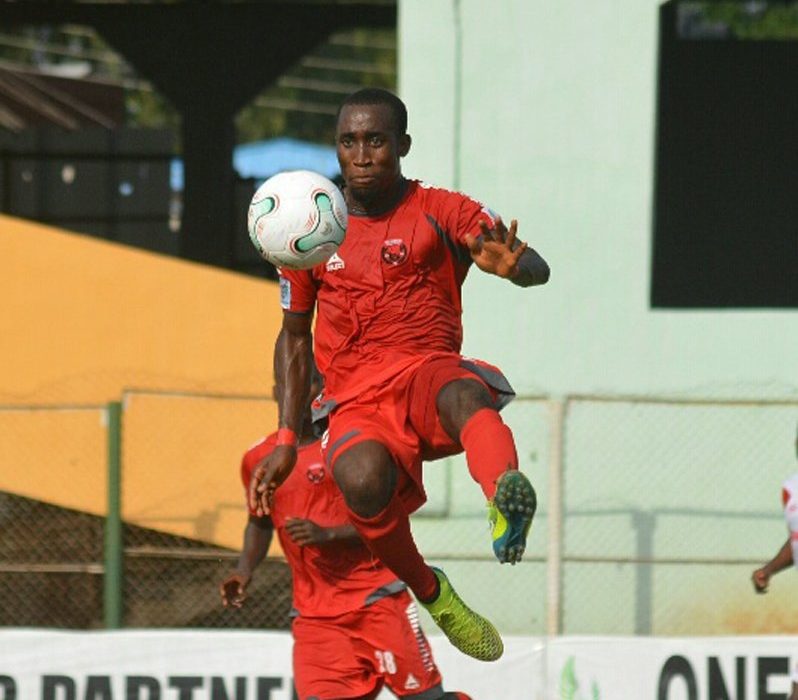Nigeria is the giant of Africa. This clichéd metaphor has consistently been proving itself to be rightly dated in the comity of nations as citizens of the most populous black nation have seen their beloved country slide on a downward spiral in important sectors such as the economy, security and for this purpose, sports.
Nigeria waited till 43 years after independence to produce a football club that could lift Africa’s flagship football club competition and when it arrived, Enyimba Football Club, a richly-backed team from the Eastern commercial city of Aba won the CAF Champions League in successive seasons in 2003 and 2004.
Ever since, the closest Nigeria has come in repeating that feat was five years later when Heartland (formerly known as Iwuanyawu Nationale) lost the finals on away goals to Congolose side TP Mazembe. Enyimba and Sunshine Stars were to follow with semi-final appearances in 2011 and 2012 respectively before a 3-year failure of Nigerian teams to get to the group stages of any of CAF Inter-club competitions.
It was Enyimba that resurfaced at the group stages of the Champions League in 2016 while Rivers United were to follow with a group stage appearance in the Confederation Cup in 2017. Both teams exited their respective competitions at the group stage leaving a smelly air of disappointment and dissatisfaction behind for millions of Nigerians football followers.
The gap between Nigerian teams and their competitors in quest for continental glory is getting wider by the day and a few factors have been established to contribute a great deal to the poor performances by Nigeria Professional Football League (NPFL) sides.
FUNDING
Football is big business and the task of traversing the large continent of Africa requires a huge budget which many NPFL sides are never prepared for. The league is unique in its way that each of the 20 teams set out to clinch a spot to represent the country in the continental championships without even minding how realistic it is from an economic perspective.
This has led to a number of Nigerian sides crumbling under the weight of financial burden once confronted with the reality. Classic examples abound and the most recent cases of Enugu Rangers in 2017 who touched down in Zambia about two hours to their game against Zesco FC as well as Dolphins (now Rivers United) who were ultimately walked over by Tunisian side Club Africain in 2015 portray the lack of financial preparations by many Nigerian sides.
Former Rangers coach Imama Amapakabo who bemoaned team’s lack of financial backing during their continental campaign told ALCSports after their (aggregate) loss to Zamalek in Enugu.
“This team is practically running on empty tank. There is a measure to which one can push players that are not properly motivated. When people believe they deserve more after their hardwork, it becomes difficult to function effectively if their expectations are not met,” he said metaphorically.
COACHING

Talent has never been a problem in Nigeria, a nation which has produced gifted footballing legends such as Jay-Jay Okocha, Nwankwo Kanu and Rashidi Yekini. It is however confounding that despite the innumerable talents that flow out of all corners of the country, they hardly excel on the domestic scene until they move abroad. Coaching and methodology has been cited as a crucial problem in the league.
It is noted that due to the non-existence of proper football academies, players lack basic skills and discipline which are of utmost importance while aspiring for success in international competitions. Poor first touches, lack of positional discipline and inability to concentrate throughout the course of the game have been highlighted as factors that should have been inculcated through proper coaching from time to time.
Club Africain coach, Chibeb Ellili whose side defeated Rivers United both home and away in the Confederation Cup told journalists after the game in Port Harcourt that his team’s superior tactical approach gave them the win.
“We came to Port Harcourt with the determination to pick a point which is (the) reason I played with three attackers and they gave me what I needed. I know our tactics are more superior to our opponents so I just told my players to be focused it would not be an easy game,” Ellili added.
HOME-WIN MENTALITY

It is quite instructive to note that the last two Nigerian teams to get to the group stages of CAF competitions – Rivers United and Enyimba – both failed to record a single away win before bowing out of the competitions. Enyimba in 2016 failed to win at supposed African minnows such as Burundi and Uganda while Rivers United even blew a 3-0 first leg advantage against Sudanese side Al Merriekh, dropping to the Confederation Cup after a 4-0 loss in Ombdurman.
It is well documented that up to 70% of games in the NPFL end in home wins and while many have tried to give a reason for this, the most plausible of all is teams’ beliefs that they cannot win away from home. Most teams set up negatively on the road without a clear-cut plan to play on the break, just sit back and clear danger repeatedly. This trails the teams to continent engagements and the result is always inevitable.

Cover image: Rivers United’s Bolaji Sakin (in action against FUS Rabat) courtesy Rivers United Media.









